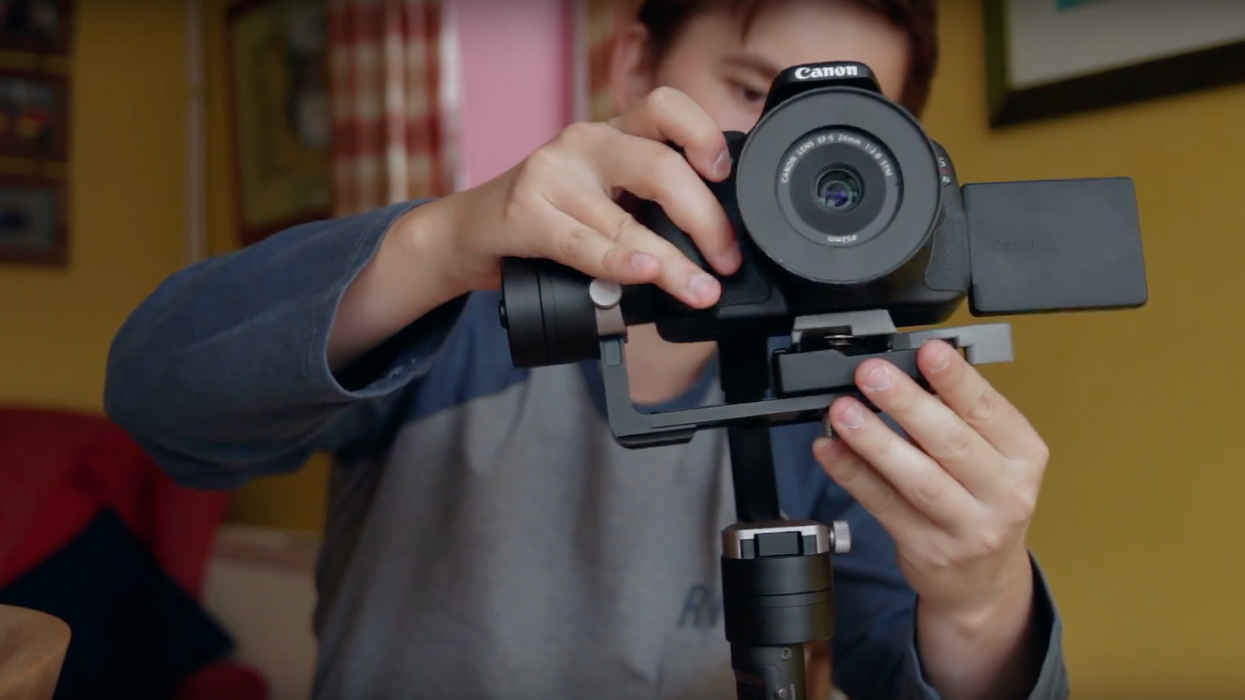10 Things You Should Learn Before You Start Shooting on a Stabilizer
You're going to need to know a few things about shooting with stabilizers before you can get the most out of one.

Camera stabilizers give shooters the ability to produce super smooth, beautiful shots while in motion. However, shooting with a gimbal, monopod, or any handheld rig is going to be challenging not only a creative level, but on a physical and productivity level as well. So, if you want some tips on how to work more professionally and efficiently with a camera stabilizer, check out this video from Simon Cade of DSLRguide below.
There's quite a lot of effort and expertise that goes into pulling off a beautiful shot with a stabilizer, and though Cade includes some no-brainers in his list, like how to walk to avoid shaking the camera, but he also speaks about efficiency and focus work-arounds that will be especially helpful for solo shooters and skeleton crews.
Here are the 10 tips he talks about in his video:
- Walk carefully
- Use wheels
- Be as lightweight as possible
- Use electronic panning
- Use a quick release for easier balancing
- Use a quick release for your tripod
- Close down aperture
- Keep equal distance from your subject
- Let your subject move into focus
- Think about the audience
I think in the beginning, one of the major challenges of using a camera stabilizer, other than figuring out how to balance the damn thing, is preparing for how taxing it is on your body. It's funny, because the rig itself gives the illusion that your shots, and even your camera, is weightless—like they're suspended in air—but these things can be really heavy. The DJI Ronin is about 10 lbs. by itself and that's not factoring in the weight of your camera, lens, and any other on-board accessories, like monitors, mics, and battery packs.
But once you build a rig that you can operate without getting too fatigued too quickly and you master those handy work-arounds for focus pulling, you can really start to dive into the best part of shooting, which is probably the reason you started shooting in the first place: capturing great images that speak to your audience.
Source: DSLRguide











